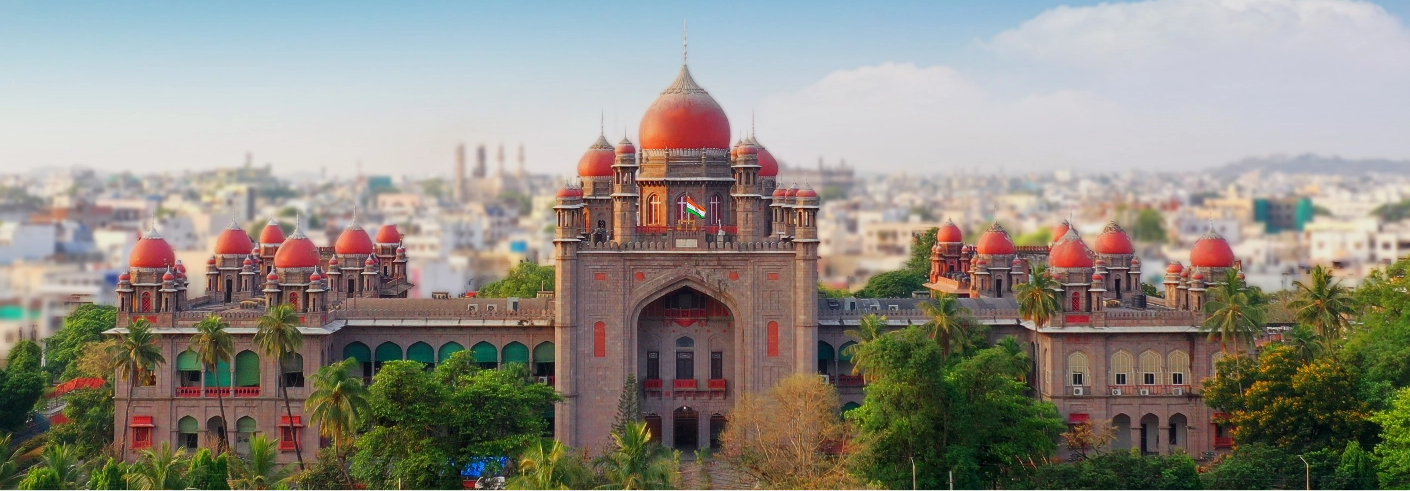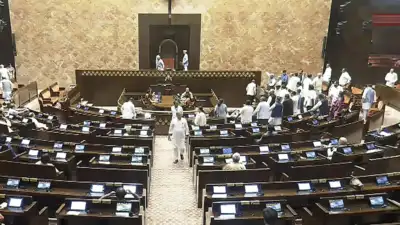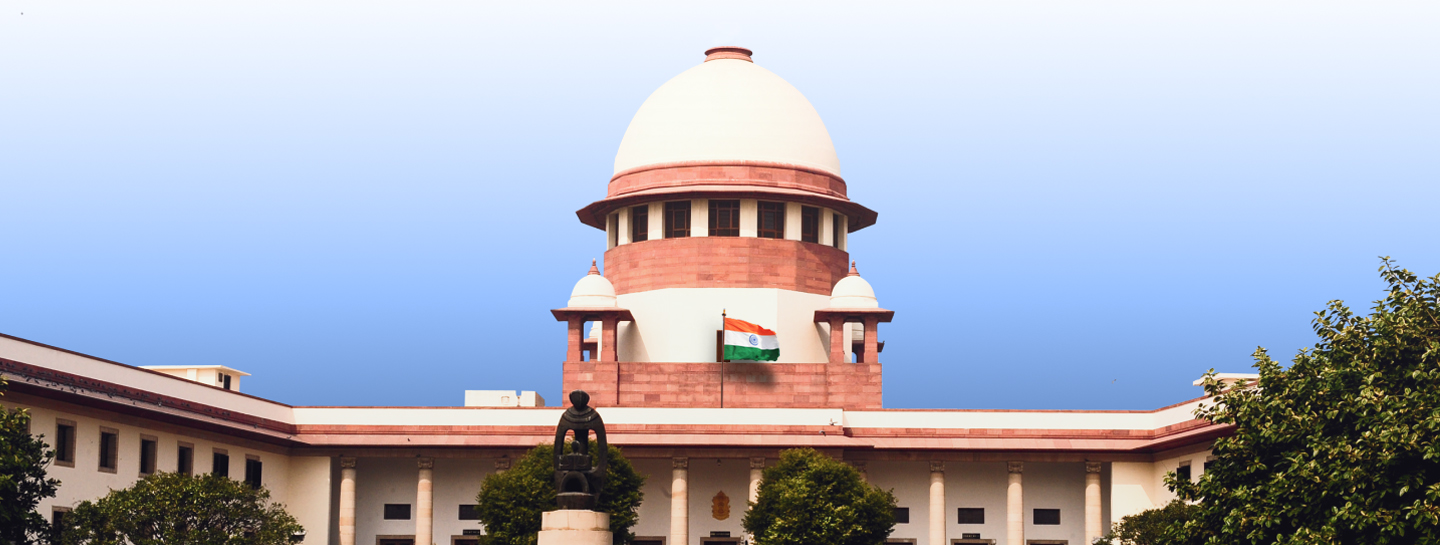The Telangana High Court recently ruled that a district cannot be treated as a locality under Section 20(3) of the Telangana Education Act, which governs the establishment of educational institutions. The court noted that lawmakers intentionally used the term locality instead of district, leaving room for the State to treat different areas within a district as independent localities.
Background of the Case
The case arose when several colleges in Medchal-Malkajgiri district alleged discrimination by the State. While their requests for increased seat intake were rejected, other colleges in the same district received approvals. The appellants argued that this violated the principle of equality under Article 14 of the Indian Constitution.
Court’s Observations
A division bench of Acting Chief Justice Sujoy Paul and Justice Renuka Yara examined Section 20 of the Education Act, which requires educational agencies to prove the need for additional facilities within a locality before receiving permission.
The court referred to the Supreme Court’s decision in Jawaharlal Nehru Technological University Registrar v. Sangam Laxmi Bai Vidyapeet (2019), which emphasized conducting a survey to determine educational needs at the locality level, not district-wide.
Impact of the Ruling
The bench rejected the argument that the entire Medchal-Malkajgiri district should be treated as a single locality. Instead, it upheld the State’s policy of assessing needs locality-wise, stating this approach aligns with the legislative intent of the Education Act.
Humanitarian Relief for Students
While dismissing the appeal, the court allowed students already admitted under an interim order to complete their courses without hindrance. However, the broader challenge to the State’s decision was rejected, reaffirming that district-wide parity cannot be claimed without proving local need.





